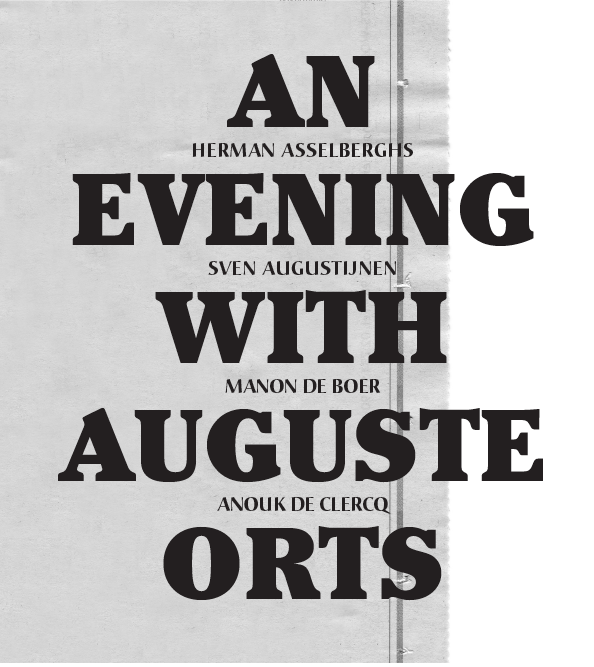
An Evening with Auguste Orts #9
An Evening with Auguste Orts #9:
TALK & SCREENING: The People’s Cinema presents The Cell
Katerina Gregos (GR) is a Brussels-based independent curator and writer, and founder/director of The People’s Cinema. During 2006 and 2007, she was the artistic director of Argos Centre for Art and Media in Brussels. From 1997 to 2003, she was the director of the Deste Foundation, Centre for Contemporary Art in Athens. She regularly publishes on art and artists in magazines, books and exhibition catalogues. Recently, she curated Contour 2009. Her recent initiative The People’s Cinema (est. 2009) is a flexible, mobile presentation platform devoted to work by contemporary artists working with the moving image, including all kinds of film, video, and screen-based practices. The People’s Cinema will focus on recent work, new productions, or work that has not previously been seen in Belgium or other countries where it operates, functioning as a barometer for all that is cutting edge in artists’ film and video, and highlighting new developments in the moving image. At the invitation of Auguste Orts, The People’s Cinema presents Angela Melitopoulos’ film The Cell which consists of three interviews with the political philosopher Toni Negri (author of the international bestseller Empire,co-authored with Michael Hardt, 2000) over a period of time, each of which are interconnected with one another. The first two interviews were held in the last days of Negri’s Parisian exile in 1997, and in the prison of Rebibbia in 1998 after his voluntary return to Italy facing a long-term sentence on controversial charges of “association and insurrection against the state”. The third interview takes place in Rome in 2003, where the philosopher reflects on his experience after being released. Melitopoulos’ film offers a non-chronological documentation revealing Negri’s acute political thought, memories of incarceration, and his rich philosophical and world views. His report on his life as a prisoner describes new forms of control in the penal system, the psyche and mentality of prisoners, and forms of resistance with which he was able to retain “the freedom of his spirit”.